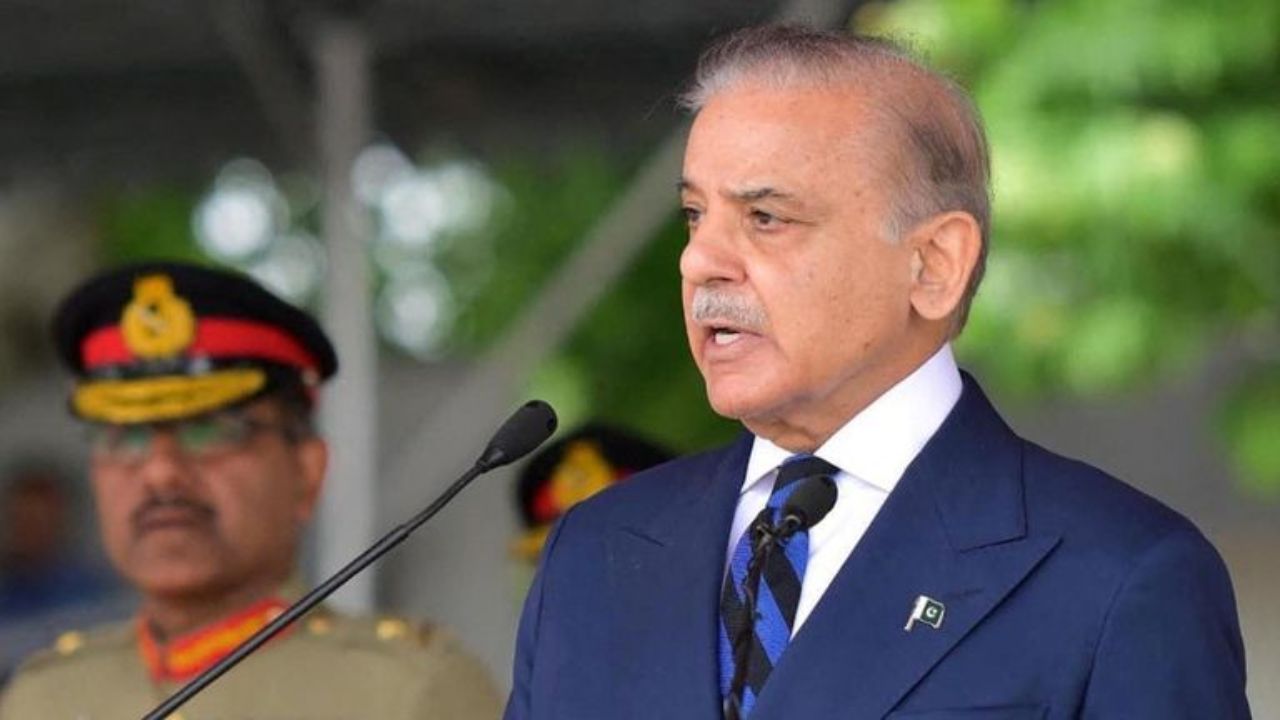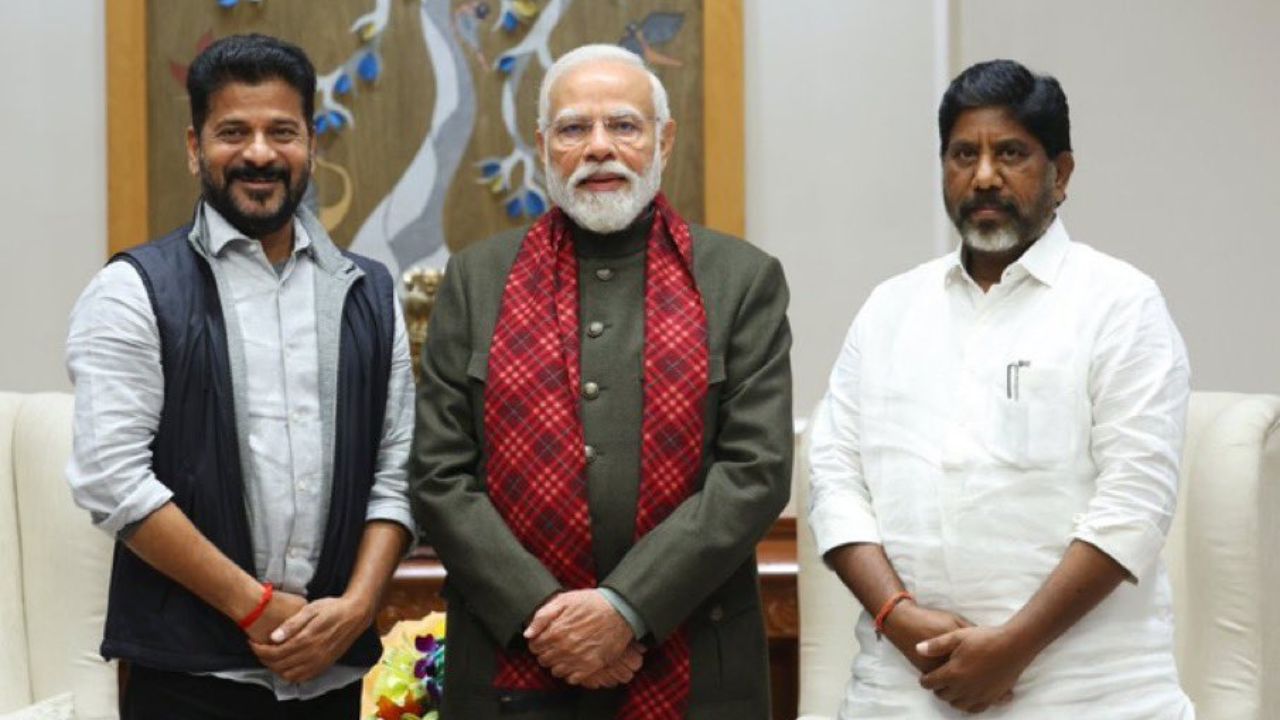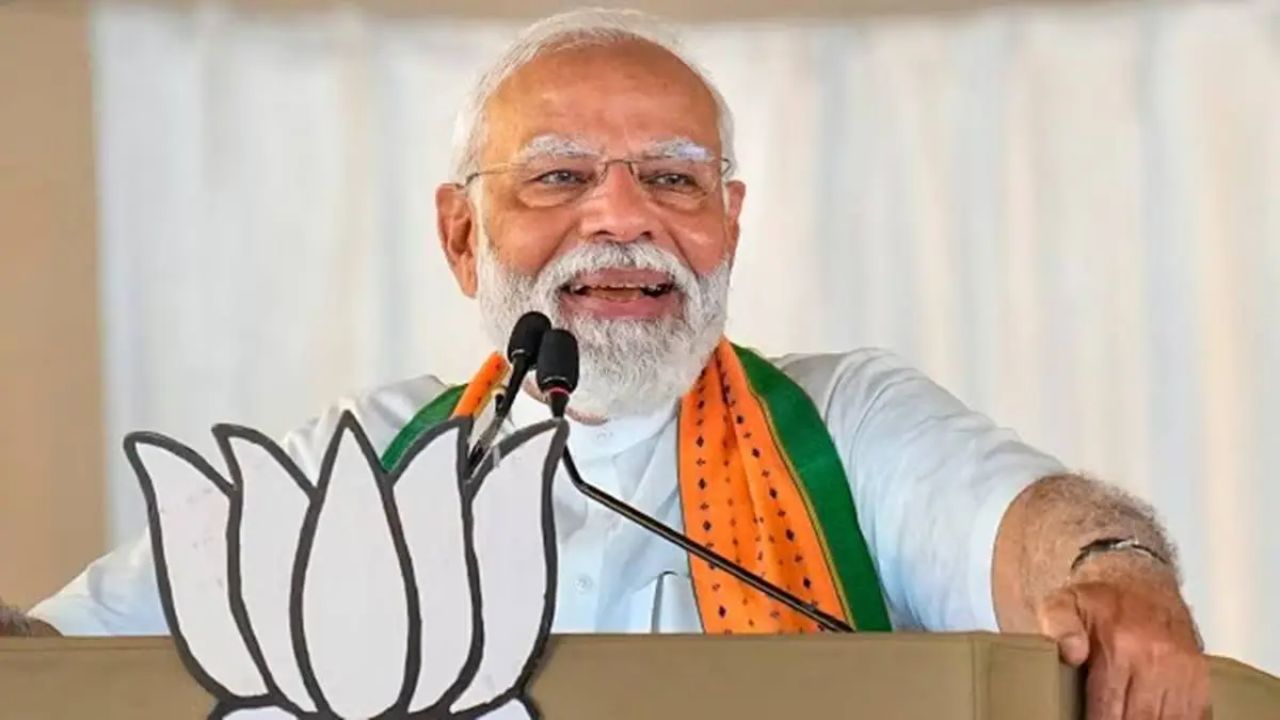In Jammu and Kashmir, discussions about upcoming polls are mixed with cautious optimism as an Election Commission team is set to arrive tomorrow.
The Supreme Court has directed the government to conduct Assembly elections in Jammu & Kashmir by September and to expedite the process of restoring statehood. In response, J&K Lieutenant Governor Manoj Sinha has assured that

The Supreme Court has directed the government to conduct Assembly elections in Jammu & Kashmir by September and to expedite the process of restoring statehood. In response, J&K Lieutenant Governor Manoj Sinha has assured that elections will indeed be held. The Election Commission of India is scheduled to begin a three-day visit to the Union Territory on August 8 to review election preparations.
Despite the focus on upcoming polls and the potential for an elected government, there is still considerable skepticism in Jammu and Kashmir. The Indian Express spoke with a range of stakeholders, including mainstream politicians, the administration, security forces, and the Hurriyat, revealing concerns among political parties and apprehensions within some sections of the security establishment.
One major factor contributing to the uncertainty is the Centre’s decision to transfer full authority for law and order to the Lieutenant Governor, leaving him with the final say on all significant decisions, including appointments.
Former Chief Minister and Peoples Democratic Party (PDP) President Mehbooba Mufti expressed skepticism about the situation. She told The Indian Express, “It is impossible to say anything for sure on an issue surrounded by so much suspense and uncertainty.” Her party colleague, Naeem Akhtar, added that public representatives would merely act as intermediaries between the people and the Lieutenant Governor, lacking real influence.
Since the BJP exited the coalition government with the PDP in June 2018, Jammu & Kashmir has been without an elected Assembly. The constitutional changes on August 5, 2019, that revoked J&K’s special status, split the region into two Union Territories, and downgraded its status, have only heightened concerns that the Centre aims to maintain tight control over the region.
National Conference Vice President Omar Abdullah, while acknowledging the difficulty the Centre would face in justifying a delay in elections mandated by the Supreme Court, has stated he will not contest or assume the Chief Minister’s role if his party wins. Similarly, Mehbooba Mufti has indicated she plans to stay away from electoral politics for now.
The BJP, which has criticized the dynastic politics of the Abdullahs and Muftis, has struggled to support new political entities like Altaf Bukhari’s Apni Party and Ghulam Nabi Azad’s Democratic Progressive Azad Party (DPAP). These parties have not made significant inroads, failing to secure any Assembly segments in recent elections.
The Army, a key stakeholder, has noted the lack of new political leadership emerging from District Development Council (DDC) elections held in 2020. An Army official remarked that while the old political setups remain dominant, the Centre’s reliance on figures like Altaf Bukhari lacks broad public support.
The Centre is now experimenting with introducing the banned Jamaat-e-Islami into the electoral fray, hoping to weaken the mainstream parties by forming alliances with other political forces. However, some officials are wary of this approach, likening it to “playing with fire.”
The security establishment has expressed a preference for maintaining the current setup to allow agencies a free hand in dealing with anti-national elements. Lieutenant Governor Manoj Sinha has stated that action against the Jamaat and its leaders will continue, though he did not indicate if the ban would be lifted.
For separatists, who have been marginalized by the Centre, the upcoming elections hold little significance. Hurriyat chairman Mirwaiz Umar Farooq told The Indian Express that as long as New Delhi retains control, the elections won’t address their core concerns. He emphasized the need for engagement with the people and a resolution of their grievances.
Meanwhile, the BJP is actively campaigning in the Jammu division, aiming to secure a majority in the upcoming polls. Senior BJP spokesperson Sunil Sethi expressed confidence that the party would win a substantial number of seats. The BJP is conducting an extensive public outreach program and has held numerous meetings to gauge public opinion and incorporate it into their election manifesto.
Despite setbacks in Jammu, the BJP remains optimistic about forming a government independently and has no plans for pre-poll alliances with other parties like the J&K Apni Party. The party’s strategy includes leveraging populist measures and addressing security concerns, particularly in light of ongoing terrorism-related incidents in Jammu.




